Let Us Help You Keep Your Air Clean
- Locally Owned And Operated
- Factory-Trained, Licensed & Insured Technicians
- 24/7/365 Emergency Service
Don't Forget to Change Your Air Filters! Buy Filters In Our Online Shop Now:
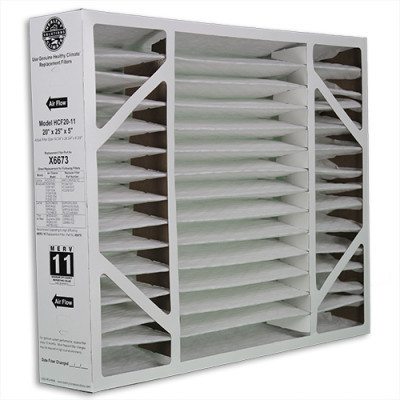
Have You Thought About Your Home's Air Quality?
While indoor air quality may not always be on your mind, it significantly impacts the well-being and comfort of your family. The act of circulating air into your home can inadvertently introduce various contaminants. These contaminants are typically categorized by indoor air quality (IAQ) experts as gases and particulate matter. Stoudenmire offers maintenance agreements that encompass a range of testing and maintenance services tailored to address both types of air contaminants.
Is Indoor Air Quality Important?
Indoor air quality (IAQ) is a critical factor in maintaining a healthy and comfortable home environment. Harmful gases like carbon monoxide and radon, often produced by common household sources, can reach toxic levels, posing serious health risks. Additionally, particulate matter, including allergens like pollen, mold spores, and animal dander, can lead to respiratory problems. Stoudenmire offers comprehensive IAQ services, including testing and tailored solutions to ensure your indoor air remains safe and comfortable year-round with our convenient service agreement providing regular inspections.
What Our Services Help Protect Against:
- Air Particulate Matter
- Harmful Gases
- Airborne Molds & Fungus
Our Recommended Air Quality Products
Bryant Air Filtration Products
- Patented Captures & Kills® technology
- Long-lasting MERV 15 filter
- Captures 95% of particles
- Helps protect heating and cooling equipment
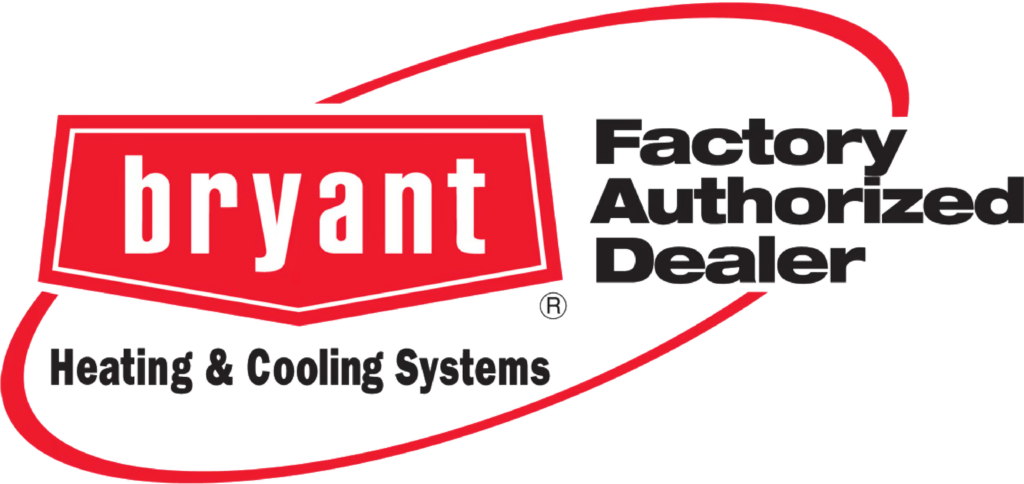
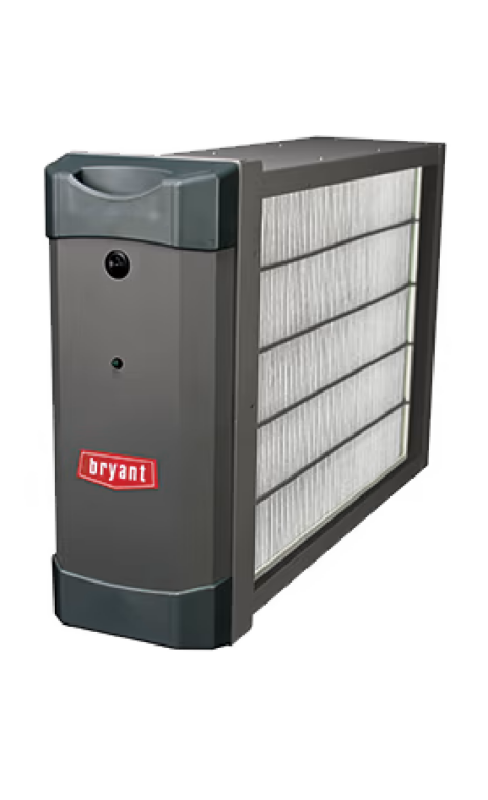
iWave-R Air Ionization System

- Needlepoint bipolar ionization actively treats air in the living space
- Reduces certain bacteria and viruses
- Reduces odors, smoke, static electricity and other airborne particles
- Programmable cleaning cycle
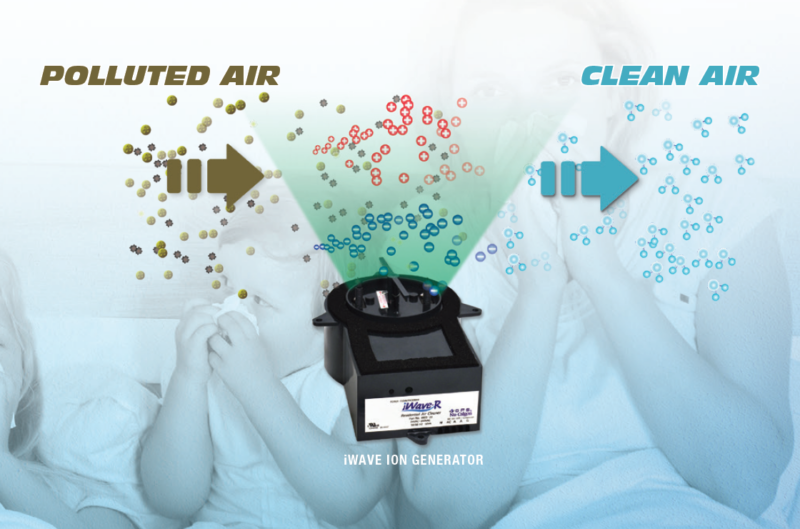
REME HALO® Whole Home Air Purifier
- Active technology reduces viruses, bacteria, mold spores and odors
- Silent, continuous operation so you will only notice how fresh your home is
- Can be installed in almost all central air conditioning systems
- Reduces odors from mold, pets, and old home smells

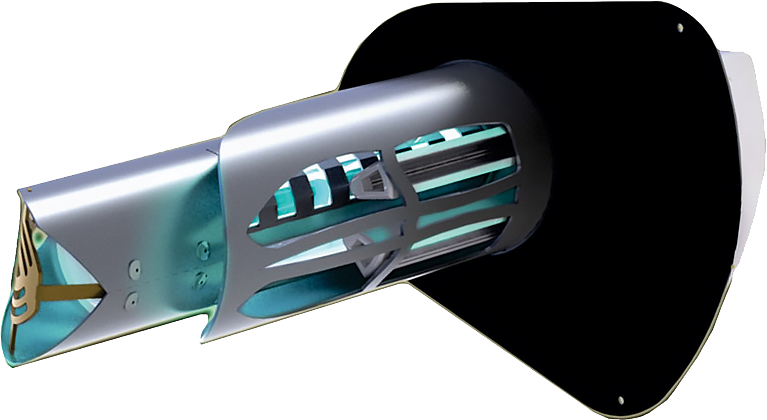
Perfect Aire Air Purifiers
- 3-in-1 air purifier for efficient indoor air quality improvement
- True HEPA filter captures 99.97% of airborne allergens
- Reduces unpleasant odors from pets and other sources
- Three speed settings for customized air purification

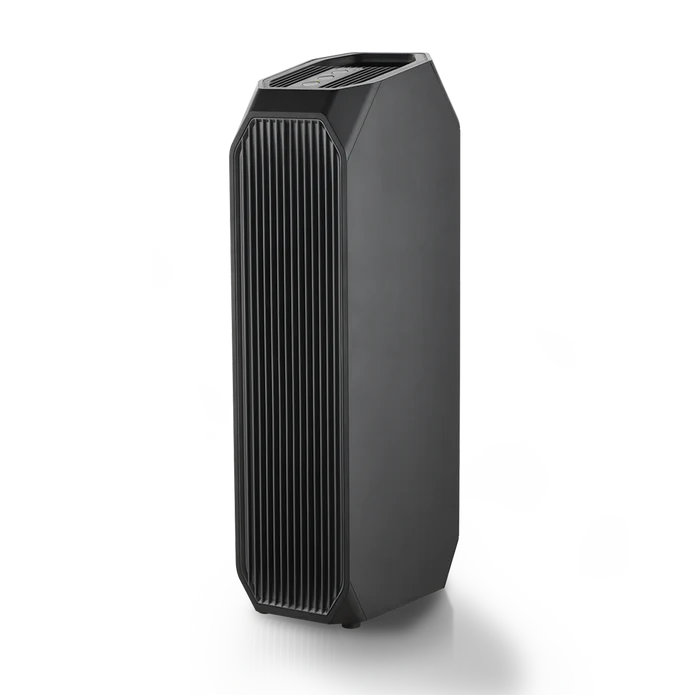
Air Knight Air Purification System
- UV Light and ionization, actively seek out and reduce dust, dander, oders
- Improves existing filtration
- Expanded range ballast for increased electrical reliability
- Labratory tested and effective against airborne virus and bacteria

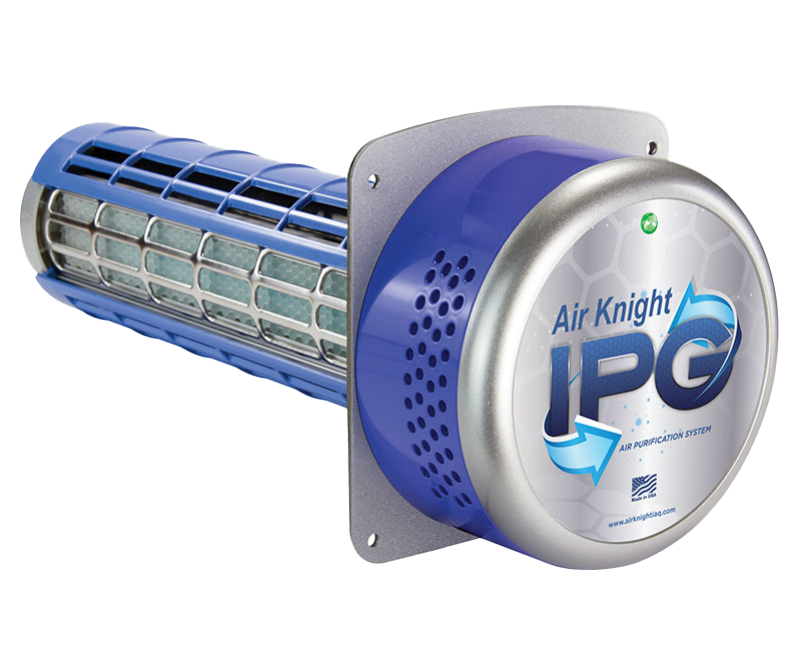
Blue Tube UV
- Is the simple and complete choice in UV light for all residential applications.
- High and low voltage options
- Inhibits mold growth on coils and HVAC system interior
- Reduces airborne microbial contaminants
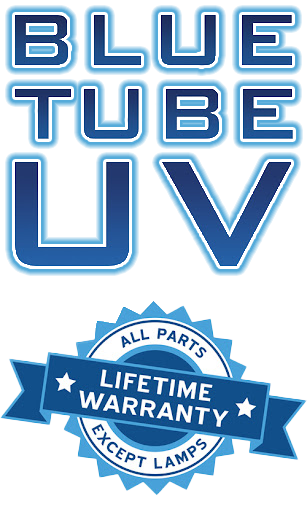
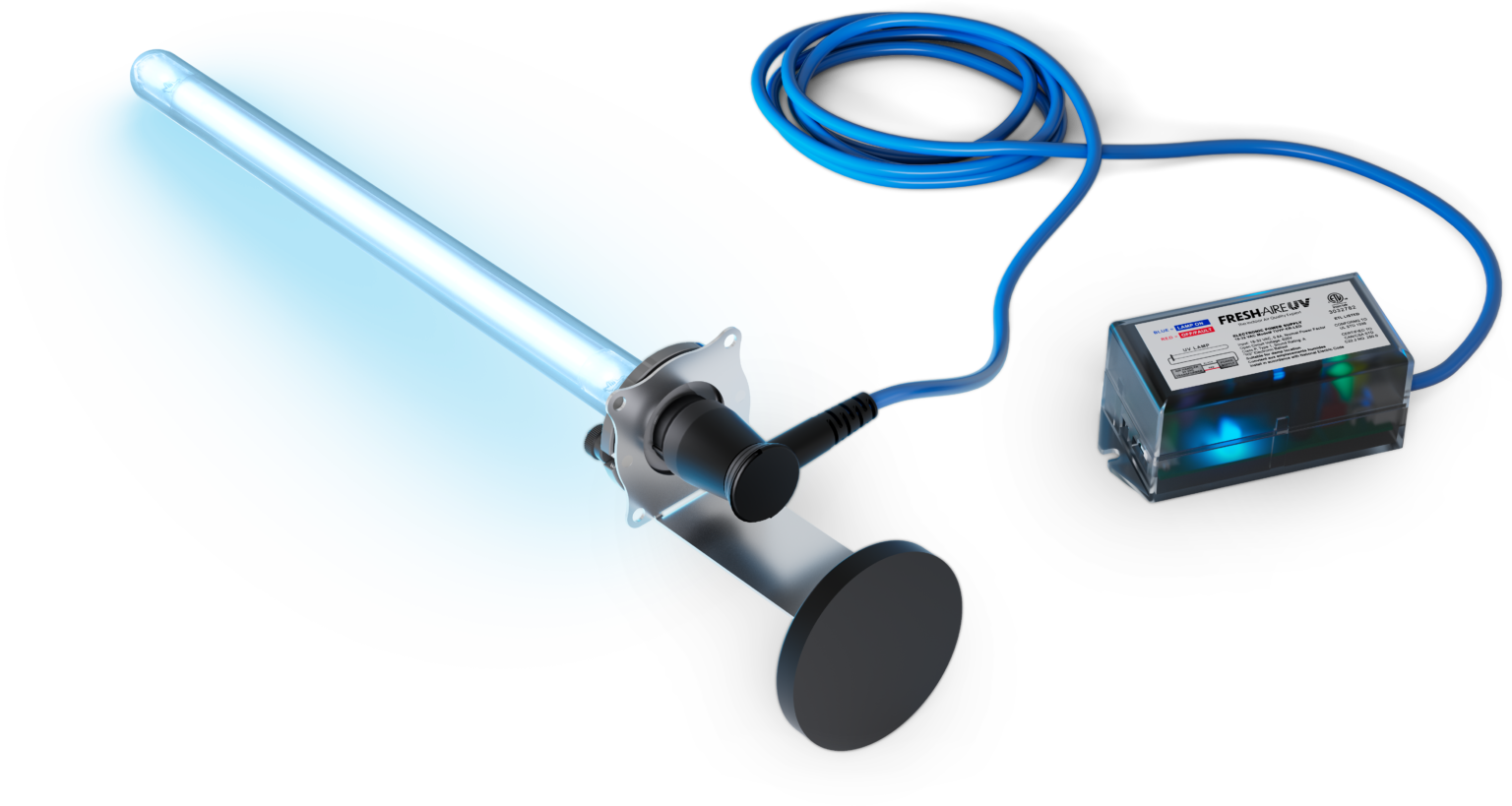
Are Harmful Gases In Your Home's Air?
Many gases become toxic when their concentration in the air rises above a certain level. The gases that most often reach toxic levels in indoor air include carbon monoxide and radon. Standardized tests exist for both of these gases. Let Stoudenmire inspect your indoor air quality to ensure your safety from these harmful gasses.
Stoudenmire can test for a number of specific contaminants in your air and recommend corrective action. Our certified technicians will work with you to develop a comprehensive plan for improving your air quality. Common solutions for improving your indoor air quality include regular filter changes and system maintenance.
What is Particulate Matter?
The most hazardous types of particulate matter include pollen and mold spores, which can cause respiratory difficulties and other illnesses. These problems can be especially dangerous when they exacerbate existing conditions. Molds in the Aspergillus genus pose some of the greatest health risks.
Other particulate contaminants in the air include animal dander, which causes allergic reactions in many people. Dust can contain mites, which is also a common allergen. Volatile organic compounds, which are ingredients in many household items such as furniture polish, pesticides, and cleaning products, are another source of contamination.
HOW CAN WE HELP?
OUR SERVICES
Explore our comprehensive range of services tailored for your comfort and convenience. We specialize in air conditioning and heating repair and installation, ensuring your home remains comfortable year-round. Our Energy Savings Membership and other services are designed to keep your systems running smoothly.
Local and Family Owned
WHY CHOOSE US
- Skilled Technicians Highly trained NATE certified technicians.
- 24/7/365 Service Expert service when you need it the most.
- Satisfaction Guaranteed We stand by the quality of our work.
- Exceptional Warranties 10 Year Parts & Labor on New Installations
- Special Offers We offer our customers opportunities to save.
- Convenient Financing Explore our flexible financing options.
READY TO GET STARTED?
CONTACT US FOR EXPERT SERVICE!
You can rest assured knowing that our team will stand by their work and your satisfaction is 100% guaranteed with us. We treat your family like our family.
- 01 Call or Fill Out the Form
- 02 Request Preferred Date & Time
- 03 Get Service Fast!
